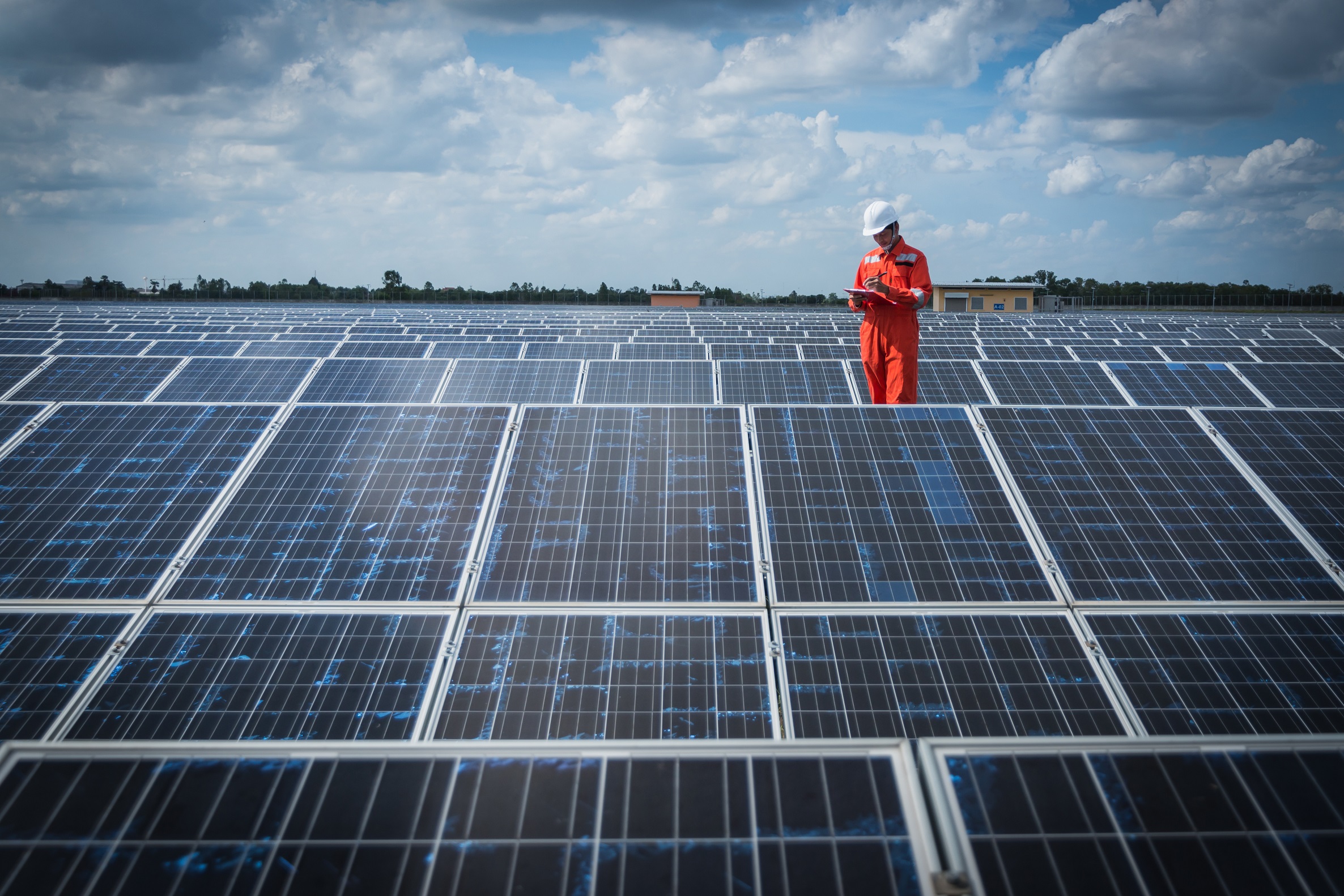The Energy Transition | Capacity for offshore wind auction in Celtic Sea increases to 4.5GW
Published on 9th October 2023
Welcome to our top picks of the latest energy regulatory and market developments in the UK's transition to net zero

This week we look at the increased capacity for the Celtic Sea offshore wind auction, Ofgem delays to the price cap review, the newly announced Morocco-UK power link relationship, and more.
Celtic Sea offshore wind auction capacity increases to 4.5GW
The Crown Estate has confirmed further details of round five of its offshore wind leasing. The leasing programme aims to encourage the development of floating offshore wind technology in coastal waters, particularly around Wales and the south west of England, and is expected to be the first phase of development in the Celtic Sea. Following consultation with stakeholders, the round will now include three project development areas of approximately equal size, each with a potential capacity of up to 1.5GW. This increases the overall capacity available through this round to a potential 4.5GW.
The Crown Estate aims to publish an information memorandum before the end of 2023 after which the formal leasing round will begin. In preparation, it is currently investing in a multi-million pound marine survey designed to provide developers with wildlife data to help de-risk projects at an early stage.
Following round four of the auction, the Crown Estate signed agreements for lease for six offshore wind projects with a total potential capacity of 8GW, which are now commencing their planning and development phases.
Gus Jaspert, managing director at the Crown Estate, underlined the organisation's ambition to "catalyse the transition to net zero in the right way", and stated that round five "will be a game changer for the UK’s energy security and net zero ambitions".
The government is targeting a total generation capacity of 50GW from offshore wind by 2030, including 5GW from floating wind technology.
Government unveils shortlist for nuclear funding competition
The government has announced the six companies that will advance to the second phase of its small modular reactor (SMR) competition. The contest is being run by the newly launched Great British Nuclear (GBN) and aims to support the development of innovative SMR technology. GBN will invite the shortlisted companies to bid for government contracts later this year, with the successful bidders to be announced in spring 2024 ahead of the contracts being awarded in the summer.
The shortlist for the second phase is as follows:
- EDF;
- GE-Hitachi Nuclear Energy International LLC;
- Holtec Britain Limited;
- NuScale Power;
- Rolls Royce SMR; and
- Westinghouse Electric Company UK Limited.
The government and GBN considers these companies' designs to be the most feasible for achieving the UK's target for delivery of operational SMRs by the mid-2030s. CEO of GBN, Gwen Parry-Jones, stated the body is aiming for a final investment decision in 2029 and that its "priority in this process has been to prioritise reliable and sustainable power to the grid early".
In comments accompanying the announcement, Secretary of State for Energy Security and Net Zero, Claire Coutinho, reiterated the government's commitment to SMRs, which it believes will deliver cheaper, cleaner, and more secure energy. Coutinho added that the competition "puts the UK at the front of the global race to develop this exciting, cutting-edge technology".
3,800km power link between UK and Morrocco confirmed as a Nationally Significant Infrastructure Project
Claire Coutinho, the Secretary of State for Energy Security and Net Zero, has confirmed that Xlink's Morocco - UK Power Project is a Nationally Significant Infrastructure Project (NSIP). The Morocco-UK Project aims to create a new renewable generation and storage facility in Morocco, which will be connected to the Great British electricity grid via 3,800km of sub-sea cables. The project will use solar and wind technology to generate 10.5GW of electricity to deliver 3.6GW of low-cost energy for an average of 20 hours a day.
Project's which are designated as NSIPs are subject to specific planning rules. Normal projects require development consent from the relevant local authority but NSIPs require development consent to be granted by the relevant Secretary of State through a Development Consent Order. This will require Xlinks to consult with local authorities, statutory bodies and the local community before applying to the Secretary of State for planning permission.
Simon Morrish,CEO of Xlinks, said:
“This is a major milestone for our project, which provides certainty and clarity over the legal process and timescales for consenting the project. The decision reflects the real difference that our project can make to the country’s climate commitments and energy security.
Our next step will be to consult further with the community to meet the requirements of the Planning Act 2008. We are looking forward to another opportunity to discuss our proposals with people living in the area and will share more details of this later in the year.”
Ofgem postpones wholesale cost allowances price cap review
Ofgem has this week announced that anticipated refinements to the way in which wholesale cost allowances are measured and set within the price cap are to be delayed.
Any potential changes to wholesale cost allowances will now not be implemented before April 2024 and will depend on a ruling from Ofgem as to whether the current allowances are in need of amendment.
The delay is a result of Ofgem's decision to postpone its follow-up consultation on the issue to late November/ early December. Whilst the regulator has collected an initial analysis of data, it has indicated that the matter requires further consultation.
The regulator stated that, "coupled with our consultation, we consider that the putback approach provides the required level of transparency and meaningful consultation to enable stakeholders to comment effectively on our analysis and calculations."
Further consultation will involve the regulator assessing whether or not the current allowances led to either a benefit or additional costs for suppliers following falling prices in 2023. Further reviews will focus on Standard Variable Tariff demand, as well as shaping and imbalance cost assessments. If appropriate, future allowances will be adjusted to ensure that any previous gains are recovered and passed back to consumers.
This article was written with the assistance of Jack Duffy, Luke Webb and Johnny Hartrick, Trainee Solicitors.



